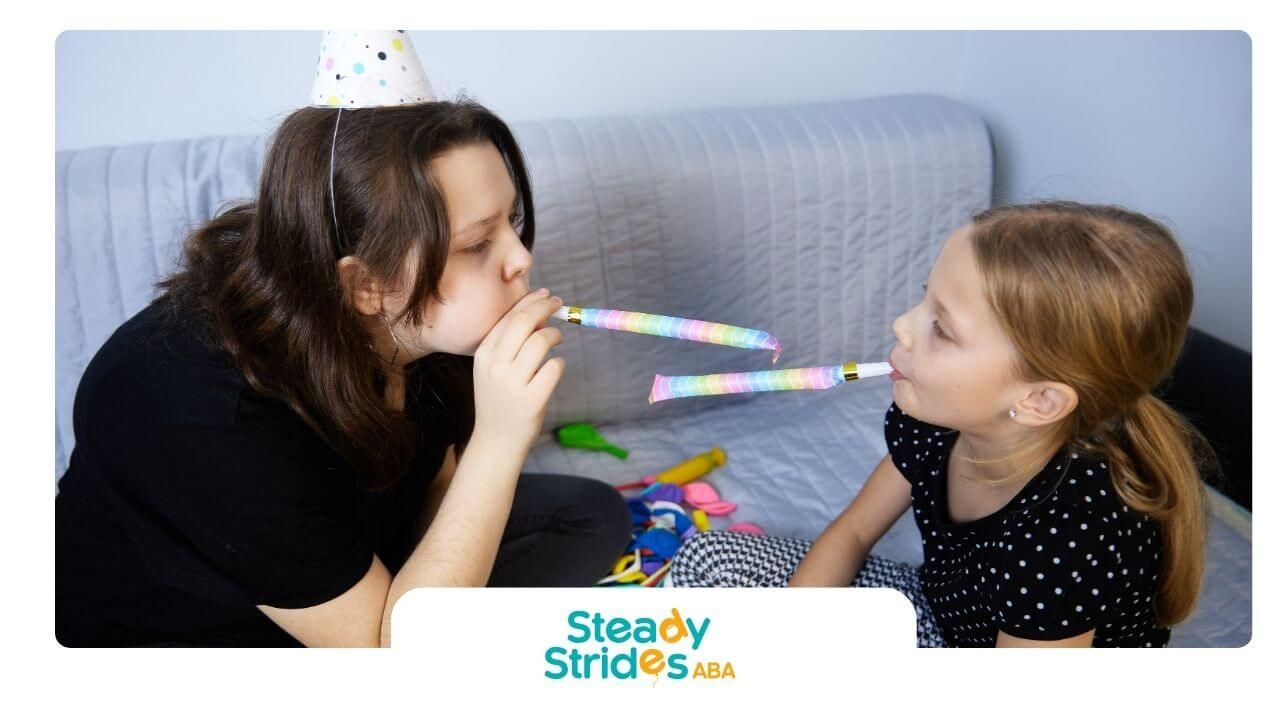The case of Robert Roberson, a Texas death row inmate convicted in 2003 for the death of his 2-year-old daughter, Nikki, is under fresh scrutiny as advocates and legal experts call for a reevaluation of the medical evidence used to secure his conviction.
Although Roberson’s execution has not yet been rescheduled, his case has sparked intense debate over outdated forensic practices and the criminal justice system’s treatment of neurodiverse individuals.
Roberson, a man with autism, has consistently maintained his innocence, arguing that his daughter Nikki’s death was not due to abuse but may have stemmed from natural or accidental causes.
His case, heavily based on the “shaken baby syndrome” (SBS) theory, has become a focal point in debates over outdated forensic practices and the treatment of neurodivergent defendants in the criminal justice system.
Outdated Evidence in Roberson’s Shaken Baby Texas Conviction Date
Roberson’s shaken baby Texas conviction relied on a then-popular SBS diagnosis, which claimed that a combination of brain swelling, retinal hemorrhaging, and bleeding on the brain surface were unmistakable signs of abuse.
However, medical experts today argue these symptoms could result from various conditions, including shortfalls or undiagnosed health issues. Yet Texas courts have upheld Roberson’s conviction, sparking outcry among advocates and calls for a reevaluation of the case.
Autism Diagnosis and Questions of Fair Treatment
The Texas Autism Society and other advocacy groups have voiced concerns over how Roberson’s autism may have impacted the trial’s outcome. They argue that his neurodivergence likely influenced his demeanor, affecting how law enforcement and the jury perceived him.
Supporters argue that individuals with autism may not always express emotions in expected ways, which could have biased the investigation and trial process against Roberson.
Texas Attorney General Ken Paxton defended the conviction, noting the severity of Nikki’s injuries. In a recent statement, he reaffirmed his belief that justice was served, even as new insights into SBS call into question the certainty of Roberson’s guilt.
Broader Concerns Over Autism and Criminal Justice
Robert Roberson’s case has fueled broader conversations about justice for individuals with autism and others affected by disputed medical theories. As legal efforts to exonerate Roberson continue, advocates emphasize that the case highlights systemic gaps in the way neurodivergent individuals are treated within the justice system.
Supporters argue that his case exemplifies the need for courts to consider recent advancements in forensic science and better understand the influence of autism on behavior.
For now, Roberson remains on death row without a scheduled date for execution, as his legal team and supporters push for a new trial. They hope the courts will reconsider the evidence with updated medical insights and acknowledge Roberson’s unique needs as an autistic individual.
His supporters remain dedicated to seeking what they believe would be a just outcome, bringing attention to the critical role of science and neurodiversity in the pursuit of fair trials.
FAQs
Who is Robert Roberson?
Robert Roberson is a Texas death row inmate convicted in 2003 for the death of his 2-year-old daughter, Nikki, based on shaken baby syndrome (SBS). His case is controversial due to evolving medical opinions that question the reliability of SBS as conclusive evidence, along with concerns about his autism affecting the fairness of his trial.
What is shaken baby syndrome, and why is it debated?
Shaken baby syndrome (SBS) refers to a set of symptoms, including brain swelling and retinal hemorrhaging, that were once believed to indicate child abuse. However, new research suggests that these symptoms can arise from various causes, not just abuse, leading some experts to question its reliability in criminal cases.
How does autism factor into Robert Roberson’s case?
Roberson’s autism may have influenced how he was perceived by law enforcement and jurors. Advocates argue that his neurodivergent behavior could have been misinterpreted during the investigation and trial, potentially impacting the jury’s perception of his guilt.













